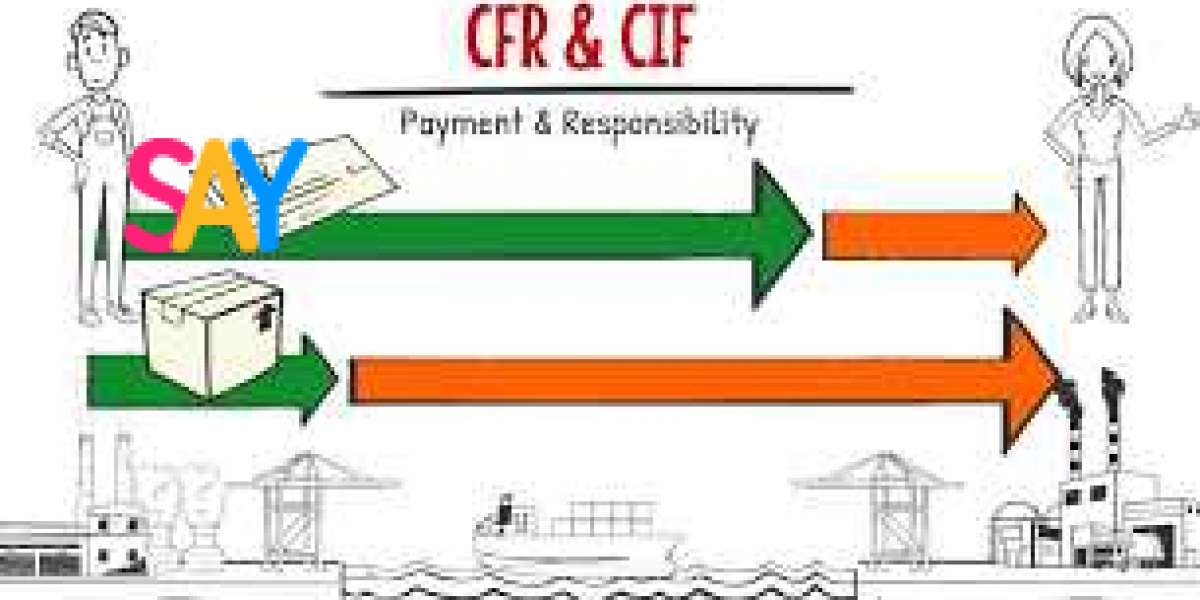This article aims to provide a fundamental difference between cif and cfr, as well as their variants, CIFFO and CFFO. These terms are commonly used in conjunction with Incoterms.
Incoterms, or International Commercial Terms, are standardized rules established by the International Chamber of Commerce (ICC) to facilitate international trade. These rules define the responsibilities, costs, and risks for the parties involved in international transactions. When parties refer to Incoterms, they are incorporating the latest edition of these rules. The most recent version, Incoterms 2020, has been effective since January 1, 2020.
CIF stands for "Cost, Insurance, and Freight." This term indicates that the seller is responsible for arranging and paying for the cost of the goods, transportation, and insurance coverage up to the destination port. The seller bears most costs until the goods reach the destination port.
CFR (or CF) stands for "Cost and Freight" and is often used interchangeably with CF. Under CFR, the seller arranges and pays for the transportation of the goods to the destination port, similar to CIF. However, insurance coverage is not included under CFR; the buyer is not obligated to insure the goods but can choose to do so at their own expense.
Additionally, there are terms like CIFFO and CFFO, which are extensions of CIF and CFR, respectively, with an added "Free Out" component. Essentially, CIFFO means CIF with the additional responsibility of unloading the goods at the destination port. Similarly, CFFO means CF with the same added responsibility of unloading. The "Free Out" component allocates discharging costs to either the seller or the buyer, depending on the contract terms. Since "Free Out" is not covered by Incoterms, it is advisable to clearly define its meaning in the contract to avoid misunderstandings.
Common Responsibilities for CIF and CFR (CF): Under all terms, the seller is responsible for the following obligations:
Shipping the goods:
- The seller can either load the goods onto a vessel or purchase cargo that is already afloat. The latter is a common practice in international trade involving multiple sales down a supply chain. The goods must be shipped within the contractually agreed shipment period, and the bill of lading date typically serves as the shipment date.
- The goods must meet the correct description, quality, and quantity specified in the contract.
- The seller is usually required to notify the buyer upon completion of this duty, providing information such as the ship’s name, bill of lading dates, and quantity shipped (e.g., Clause 7 of FOSFA 54 (Declaration of shipment) or Clause 11 of Gafta 48 (Appropriation)).
Contracting or procuring a contract of carriage to the destination point:
- This usually involves chartering a vessel and paying the freight. In sales down the supply chain, the seller may purchase bills of lading marked "freight prepaid."
Providing the buyer with shipping documents:
- This includes the bill of lading, commercial invoice, and other contractual documents such as certificates of weight and quantity, certificates of origin, phytosanitary certificates, and fumigation certificates.




